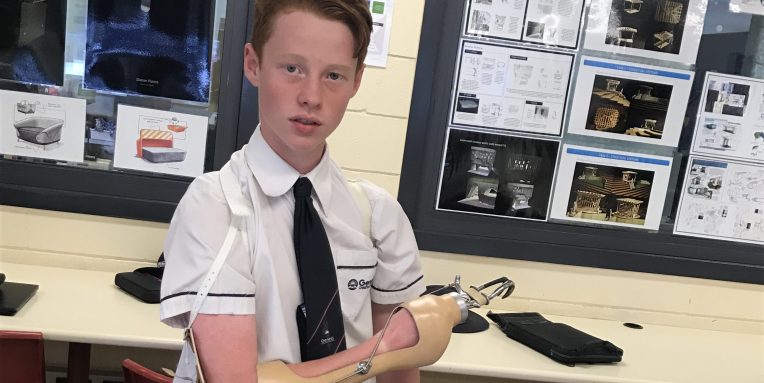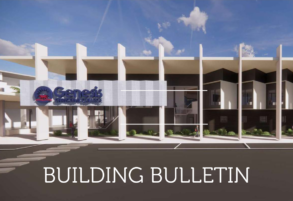Curriculum Matters

Our Schools of the Future
I think it would be fair to say that the classroom I inhabited (quite) a few years ago, is not vastly dissimilar to classrooms of today. Obviously there is a greater focus on the use of technology and the more explicit implementation of 21st century skills such as collaboration and critical thinking into lesson planning, but the premise still remains the same.
Thinking about the next decade of education and beyond however, I think the scenario will be different. Young people of today are living in a world that is changing at a rate never experienced before and education has to keep up, so as to prepare them for the workforce and life beyond the walls of the College.
Genesis students in the near future and currently, will be able explore the pyramids of Giza or Roman ruins by strapping on VR goggles, or design a prosthetic limb using a 3D printer, which may improve the lives of amputees. No longer will our classrooms be preparing students for a specified workforce, but rather preparing our students to think beyond the current status quo, to question and problem solve using the resources available to them. The future is an exciting opportunity to rethink how we deconstruct and deliver curriculum, looking at what is happening beyond the classroom in terms of social, political, religious and environmental landscapes to equip students for the future.
Learning spaces will become more flexible, which will provide teachers and students with more options in terms of learning and engagement. Mobile learning will also create physical and virtual spaces for students to access their learning.
Being optimistic and prepared for the future of teaching and learning is something we are planning for at Genesis. The re-imagining of learning spaces in the Primary School over the next few years, as well as the new STEM building, due to open in January provides some of the physical space to remain current and innovative.
Nichola Welsh
Head of Teaching and Learning (P-12)






